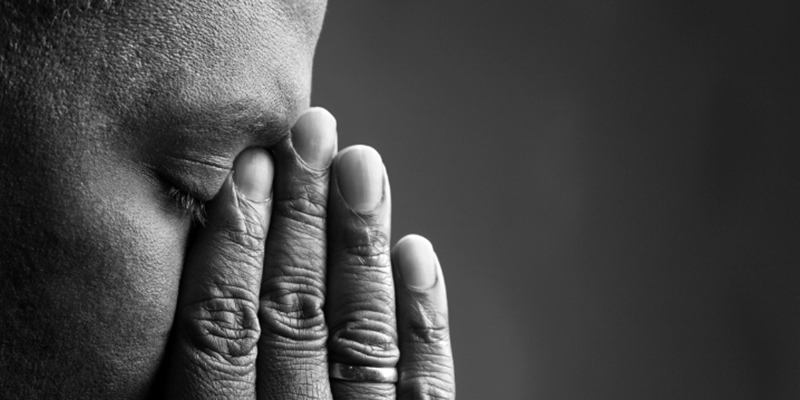
January is often a time for new beginnings after the festive season. But for some, it is a hard time, especially if you have lost someone close to you at this time of year.
It is twenty years this month, but the premature loss of my mother to cancer still affects me deeply. Every anniversary, I am overcome with sadness. I remember still being shocked when I heard the news, even though I knew it was coming.
Difficult emotions
Grief is a natural response to loss. The emotions we feel vary for everyone. There is no right or wrong way to feel. It's normal to feel sad, angry, guilty and overwhelmed. Allow yourself to feel these emotions rather than hide them.
For me, the crying didn't stop for months. Even the slightest thought or mention of my mother set off a flood of tears in the most unexpected places. I learned that crying was a helpful way to relieve the stress and that it was okay to let it out.
It can help to talk through your feelings with someone who is supportive and understanding. This might be from other family members, friends, or a bereavement counsellor. Some hospices have support groups for people who have been bereaved.

Peer support can provide some comfort during the difficult time of losing a loved one. The 'Bereaved family and friends forum' and the 'Bereaved partners and spouses forum' are safe and supportive spaces for you to get support. You can also contact the Macmillan Support Line for free on 0808 808 00 00 from 8am to 8pm, 7 days a week.
If you continue to be overwhelmed by your feelings, talk to your GP or another health or social care professional.
Look after yourself
Grieving can be physically and emotionally draining, so taking care of yourself during this time is crucial. Try to eat well and get enough sleep. If you can, make time for activities that will help you relax.
Find healthy ways to cope with your emotions. For example, some people may turn to alcohol or overeating as a way to cope with grief. But continuing with these behaviours can do more harm than good. Instead, try to find other coping methods, like exercising, journaling, or spending time outdoors.
Moving on
It's okay to laugh and find joy again. It doesn't mean you've forgotten about your loved one but that you have found ways to cope with your loss and move forward.
Find ways to honour your loved one's memory. This might be creating a memorial, participating in a charity walk in memory of them, or simply sharing stories and memories with others.
Give yourself time to heal. Grief is a process, and it's important to give yourself the time you need to heal.
You may find it helpful to look at our booklet After someone dies: coping with bereavement. It looks at some of the emotions you may have and the support that can help.
I have learned to live with my grief and to honour my mother's memory in as many ways as possible. Seeing her face in the faces of her grandchildren is a constant source of untold joy. I still have moments when I feel overwhelmed just thinking about her, but I have found ways to cope and move forward in life with purpose.
Whatever cancer throws your way, we’re right there with you.
We’re here to provide physical, financial and emotional support.
© Macmillan Cancer Support 2026 © Macmillan Cancer Support, registered charity in England and Wales (261017), Scotland (SC039907) and the Isle of Man (604). Also operating in Northern Ireland. A company limited by guarantee, registered in England and Wales company number 2400969. Isle of Man company number 4694F. Registered office: 3rd Floor, Bronze Building, The Forge, 105 Sumner Street, London, SE1 9HZ. VAT no: 668265007